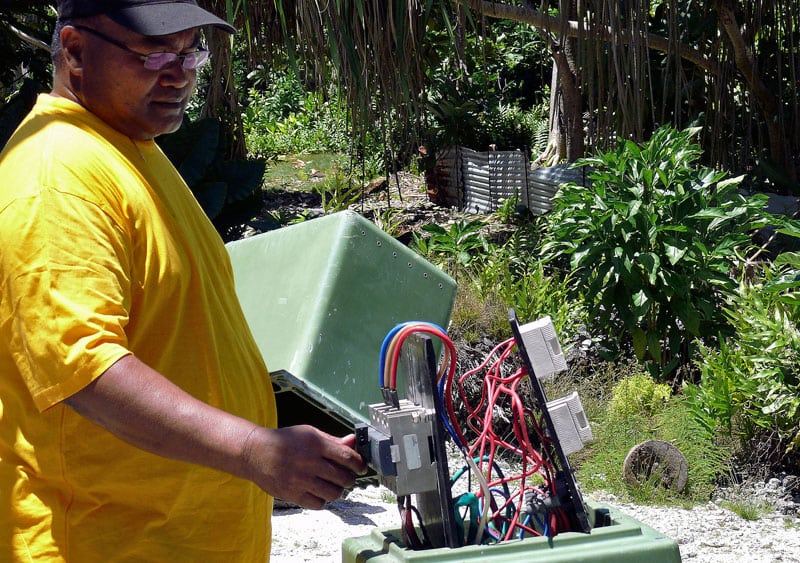While traditional sectors of fisheries and tourism have helped economic development, it is entrepreneurship and innovation in new sectors, that will boost productive activities in world’s small island developing states, a United Nations official stressed today.
UN Under-Secretary-General for Economic and Social Affairs, argued that innovation in sectors such as climate change adaptation and mitigation, disaster risk reduction and renewable energy, which will ensure sustained, inclusive and equitable economic growth with decent work for all.
“Promoting knowledge, skills, technology and business support in small island developing states will help to foster industry and productive activities,” Mr. Wu wrote in the UN Industrial Development Organization’s quarterly discussion magazine, Making It.
The world’s small island developing states, most of them located in the Pacific Ocean and the Caribbean Sea, face a unique set of challenges due to their small size and often remote location. They are also highly vulnerable to climate change and natural disasters.
Small islands tend to have fairly narrow economic bases, limited product and market diversification, low economies of scale and a high dependency on international trade.
Mr. Wu, who served as the Secretary-General of the third International Conference on Small Island Developing States in 2014, points out that the SAMOA Pathway, the conference outcome document, stressed the importance of partnerships in promoting productive activities in small island developing states.
“In small island developing states, land size and population size can make large-scale industries problematic and unsustainable. It may be more appropriate to generate decent work, partnerships and innovation by fostering entrepreneurship, building capacity, and increasing the competitiveness and social entrepreneurship of micro, small and medium-sized enterprises and state-owned enterprises.”
The international community has been pressing forward with partnerships, often led or managed by small island developing states, to help encourage inclusive and sustainable industrial development, and Mr. Wu stressed the need to ensure the participation of all people, including the poor, women, youth and persons with disabilities. He identified a variety of artisanal and small-scale productive activities with good potential, including eco-tourism operations, artisanal fisheries, community-based off-grid renewable energy projects, and small-scale mining projects.
The UN Department of Economic and Social Affairs has been playing a leading role in the process of defining a post-2015 development agenda. In March, 17 proposed Sustainable Development Goals were announced and a final decision on the goals will be taken at the UN General Assembly in September. One of the proposed goals is to build resilient infrastructure, promote inclusive and sustainable industrialization and foster innovation.

